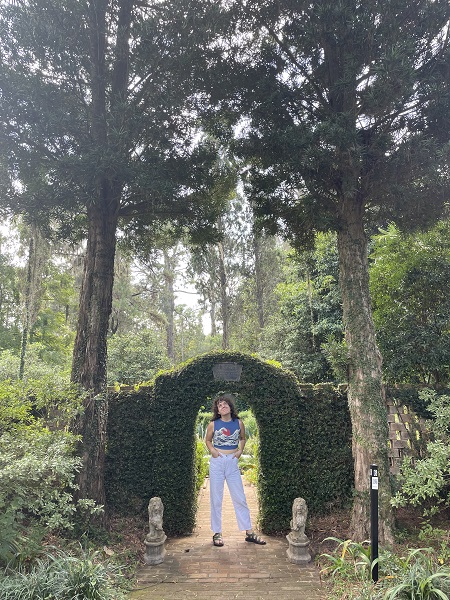miCRo: “Stranger” by Chris Watkins
2 Minutes Read Time

Managing Editor Lisa Ampleman: In this ghazal, Chris Watkins skillfully crafts a narrative about a religious family. As the speaker realizes that their relationship to faith is more complicated than their parents’, they also begin to see themself more clearly. The repeated word stranger is refashioned in each couplet, much as the speaker’s views have been refashioned.
To hear Chris read the story, click below:
Stranger
One morning I woke up to myself, blank-faced as the Shroud of Turin—a stranger.
Now, makeup in the mirror. That it’s beautiful or mine: can’t tell which is stranger.
“Jesus died for people he didn’t even know,” said the Sunday-school teacher.
I’d learned to look both ways, wouldn’t step out in the street to save a stranger.
At ten, I lost my faith altogether but still feared Hell’s crater. God’s love
was like the surface of the moon—familiar, but nothing could be stranger.
I wonder: was Mary there, rubbing Christ’s back in the Garden of Gethsemane,
watching him kneel in the dirt, like she knelt before Gabriel, that stranger?
The day I wept blood from her womb, somehow, my mother knew me. Away
from our manger, she doesn’t recognize my high-heeled gait. She sees a stranger.
I tell myself faith is transition. The bread-to-body transfiguration. Try not to listen
to the pastors who say, God’s chosen family is the church and the rest of you are strangers.
Maybe those televangelists are right. I hate when my mother calls me Christopher—
that birth name dead as Christ crucified. His name’s in me, but it’s the name of a stranger.
Chris Watkins is a genderqueer poet, environmental activist, and PhD candidate. Their recent work has appeared in Harvard Review, Saw Palm, and Frontier Poetry, among other journals.

